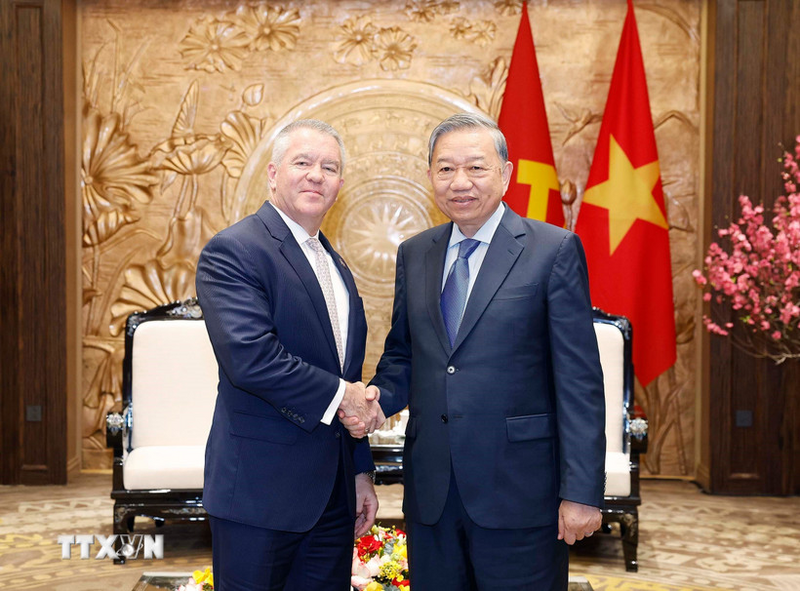
Vietnam ready to deepen comprehensive cooperation with the US
19:05 | 23/03/2025 08:30 | 15/02/2026News and Events
In the context of Da Nang shaping its industrial development strategy towards sustainability and depth, a reporter from the Industry and Trade Newspaper had an interview with Ms. Do Viet Hong, Head of the Industrial Management Department, Department of Industry and Trade of Da Nang City, about the key orientations and solutions to turn supporting industry into a launching pad for the city's double-digit growth in the coming period.
Da Nang proactively develops supporting industries
- In recent times, how has Da Nang City implemented supporting industry activities directed by the central government and what preferential policies has it introduced to encourage businesses to invest in supporting industry production in the area?
Ms. Do Viet Hong: Regarding Da Nang’s implementation of supporting industry development policies, based on the Government’s Decree No. 111/2015/NĐ-CP, the city has taken swift steps to concretize the decree. The municipal authorities assigned the Department of Industry and Trade to advise and propose the issuance of the city’s first-ever resolution on supporting industry development. This resulted in Resolution No. 20/2016 of the former Da Nang People’s Council, which stipulated several provisions and funding levels to promote the development of Da Nang’s supporting industries.
At the same time, the Da Nang People’s Committee also issued Decision No. 34/2016 on supporting industry development policies. However, during the implementation process, several inconsistencies and overlaps arose among the city’s policies regarding specific areas of support, making it difficult for businesses to access the available funding.
On that basis, the Department of Industry and Trade advised the Da Nang People’s Council to issue Resolution No. 206/2018/NQ-HĐND (of the former People’s Council) amending and supplementing several articles of Resolution No. 20/2016/NQ-HĐND. The revisions aimed to align the levels of financial support with other relevant city policies — specifically, providing up to VND 2 billion to support investments in machinery and equipment for the production of supporting industrial products, benefiting around four enterprises participating in the city’s support program.
Supporting industry development has been a key priority of the Da Nang Party Committee. Accordingly, the Committee issued Resolution No. 01-NQ/TU on the development of supporting industries in Da Nang through 2030, with a vision toward 2045. The resolution aims to build a competitive advantage and attract large-scale industrial investment projects to the city, particularly in key targeted sectors.
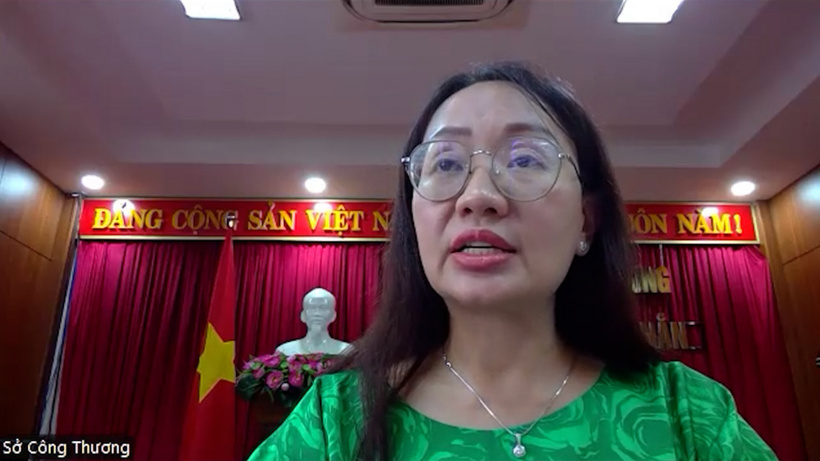
Ms. Do Viet Hong, Head of the Industrial Management Division, Da Nang Department of Industry and Trade.
Promoting infrastructure advantages, expanding supply chains
How have Da Nang’s investment advantages created favorable conditions for enterprises to participate in global supply chains? In particular, how has the city implemented the Supporting Industry Development Program under Decision No. 68?
Ms. Do Viet Hong: With the advantage of having the longest coastline in Vietnam, along with a well-developed seaport system, convenient transportation networks, and modern urban infrastructure, Da Nang has established a strong comparative edge for industrial development - particularly through the formation of seven Free Trade Zone (FTZ) locations in the city, with two additional sites expected in the near future.
These factors serve as key drivers for Da Nang’s future industrial growth, in which the supporting industry remains a priority area of focus. Currently, within the city’s network of industrial parks and clusters, the development of supporting industries, bolstered by the presence of major enterprises such as Thaco Industries, represents a significant comparative advantage. This, in turn, requires the city to adopt targeted strategies and policies to further promote the growth of its supporting industry sector.
In the initial steps, the city has been implementing a project to develop smart factories. This project has just been approved under a cooperation program with Samsung Vietnam. To develop and form a number of smart factories, it is also necessary to focus on a number of supporting industrial sectors to create a number of linkage chains. At the same time, there is also an orientation in building a project to develop a cluster of supporting industries and mechanical and mechanical processing industries in Da Nang, in which the focus will be on the Chu Lai open economic zone with the driving force being Thaco Industries to have a linkage of enterprises to form a cluster of supporting industries in the Chu Lai open economic zone in the coming time.
Regarding the implementation of policies of Da Nang and Quang Nam (old), a number of decisions have been implemented to implement plans and support programs of Quang Nam province for the city's supporting industry.
However, in terms of policies to support businesses, there is no separate policy issued like the resolutions I just presented about the city's resolutions. Therefore, in the current period of provincial merger, the city will have a study, a policy to have a synchronous development direction for supporting industries as well as have steps to support businesses in developing the city's supporting industries, especially on the basis of the advantages gained from the merger of provinces between Da Nang and Quang Nam.
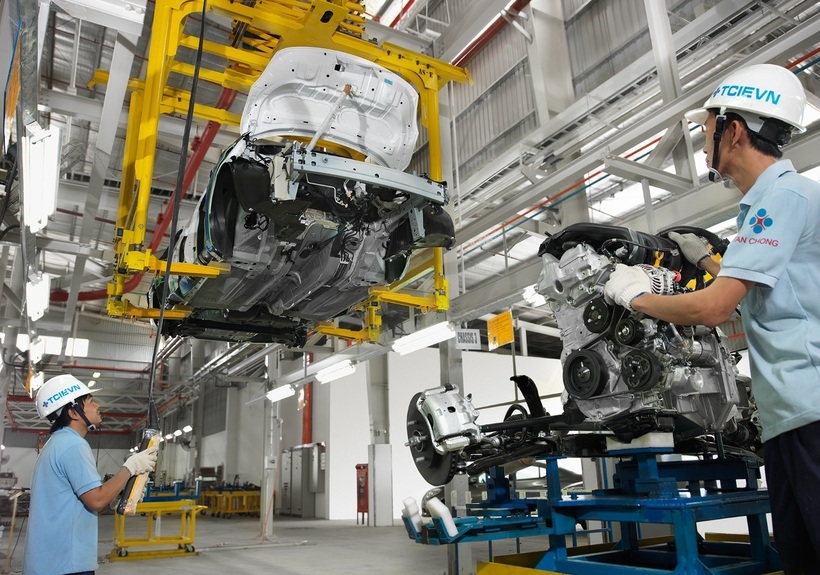
Taking advantage of its role as the industrial center of Central Vietnam, Da Nang identifies supporting industries as a strategic foundation.
- What is the goal of Da Nang in developing supporting industries in the city in the coming period? To achieve these goals, which areas will the city prioritize and what groups of solutions will it focus on implementing?
Ms. Do Viet Hong: With the orientation of adjusting industrial planning in general, including planning specific fields in the industrial sector and supporting industries, in the coming time, the City will take steps to ensure that Da Nang's growth target reaches double digits.
First of all, it is necessary to review and amend mechanisms and policies in accordance with the implementation situation of two-level local authorities; link the development of supporting industries with the orientation of industrial development and mobilize all resources, encourage domestic and foreign enterprises to participate; build and form production centers as well as supply domestic raw materials and accessories; create clusters of supporting industries in a number of industrial parks in the city and build and form industrial parks as well as specialized industrial clusters to serve supporting industries.
To develop supporting industries in the coming time, the presence of the THACO ecosystem in developing supporting industries right in the Chu Lai open economic zone is indispensable. In which, THACO also aims to become an industrial corporation with specialized nature and leading in industrial development of the whole country. That is a new picture for the new Da Nang in developing supporting industries.
In addition to policy adjustments and infrastructure development for supporting industries, Da Nang is also prioritizing investor attraction and project selection, particularly targeting FDI enterprises whose products align with the city’s development orientation and value-added goals. To enhance spillover effects and strengthen production linkages among enterprises, the city has identified several priority areas for investment attraction. These include manufacturing of technology components and materials for high-tech industries, products made from recycled materials, as well as supporting industries for automotive manufacturing, assembly, textiles, and footwear.
That is one of the orientations for developing supporting industries according to the current status and advantages and potentials that Da Nang currently has.
Regarding the formation of a number of mechanisms and policies, as well as exchanges, in 2025 and early 2026, the first of which will be to complete the policy mechanisms to have a seamless and seamless implementation in the organization of decentralization and delegation of authority to ensure the requirements in the support corridor for the development of supporting industries.
Thank you!

19:05 | 23/03/2025 08:30 | 15/02/2026News and Events
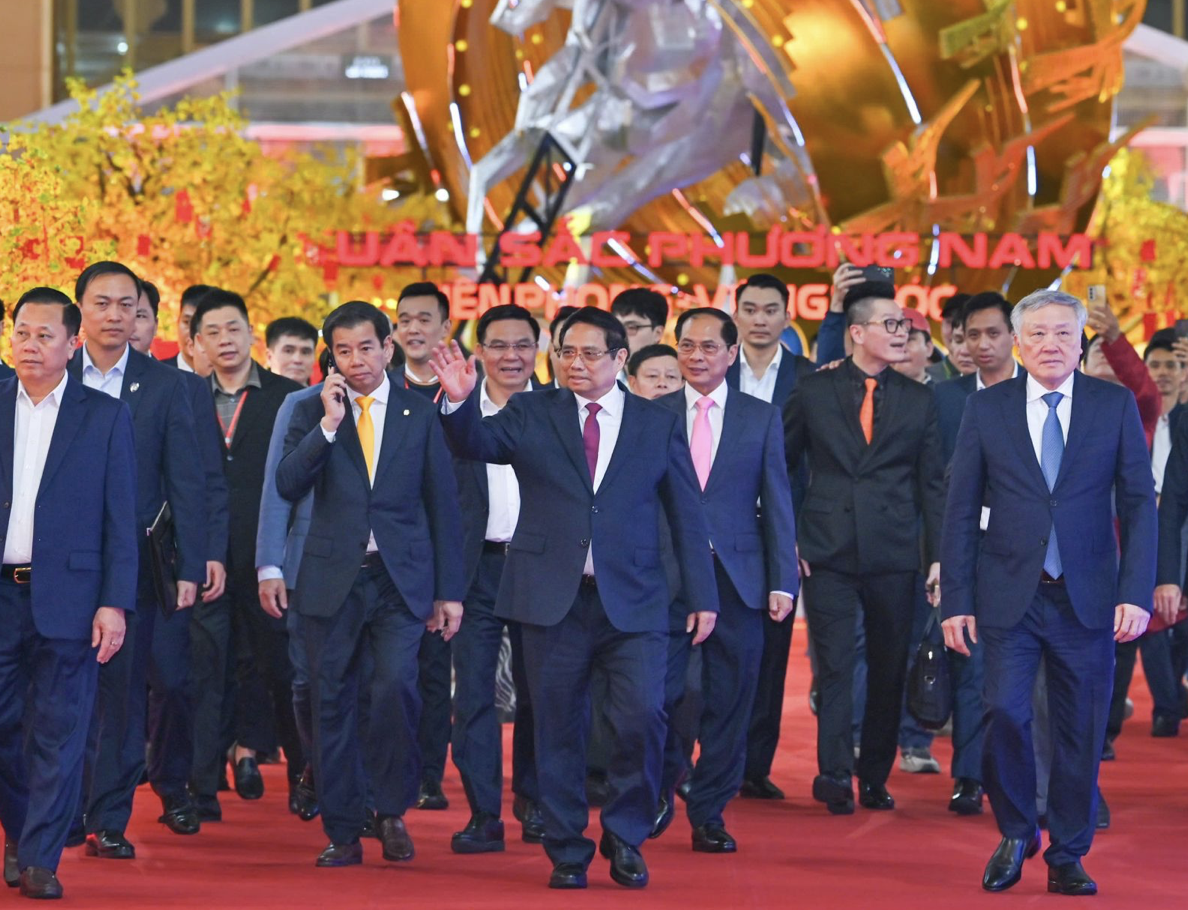
19:05 | 23/03/2025 08:25 | 15/02/2026News and Events

19:05 | 23/03/2025 16:44 | 14/02/2026Tourism
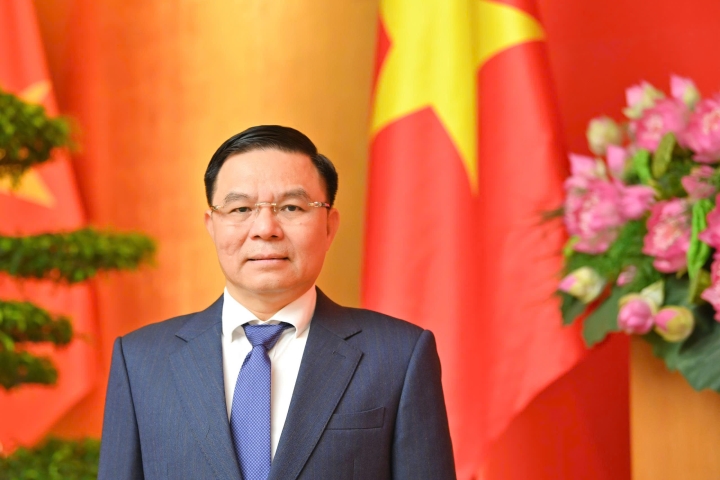
19:05 | 23/03/2025 16:33 | 14/02/2026Home Page
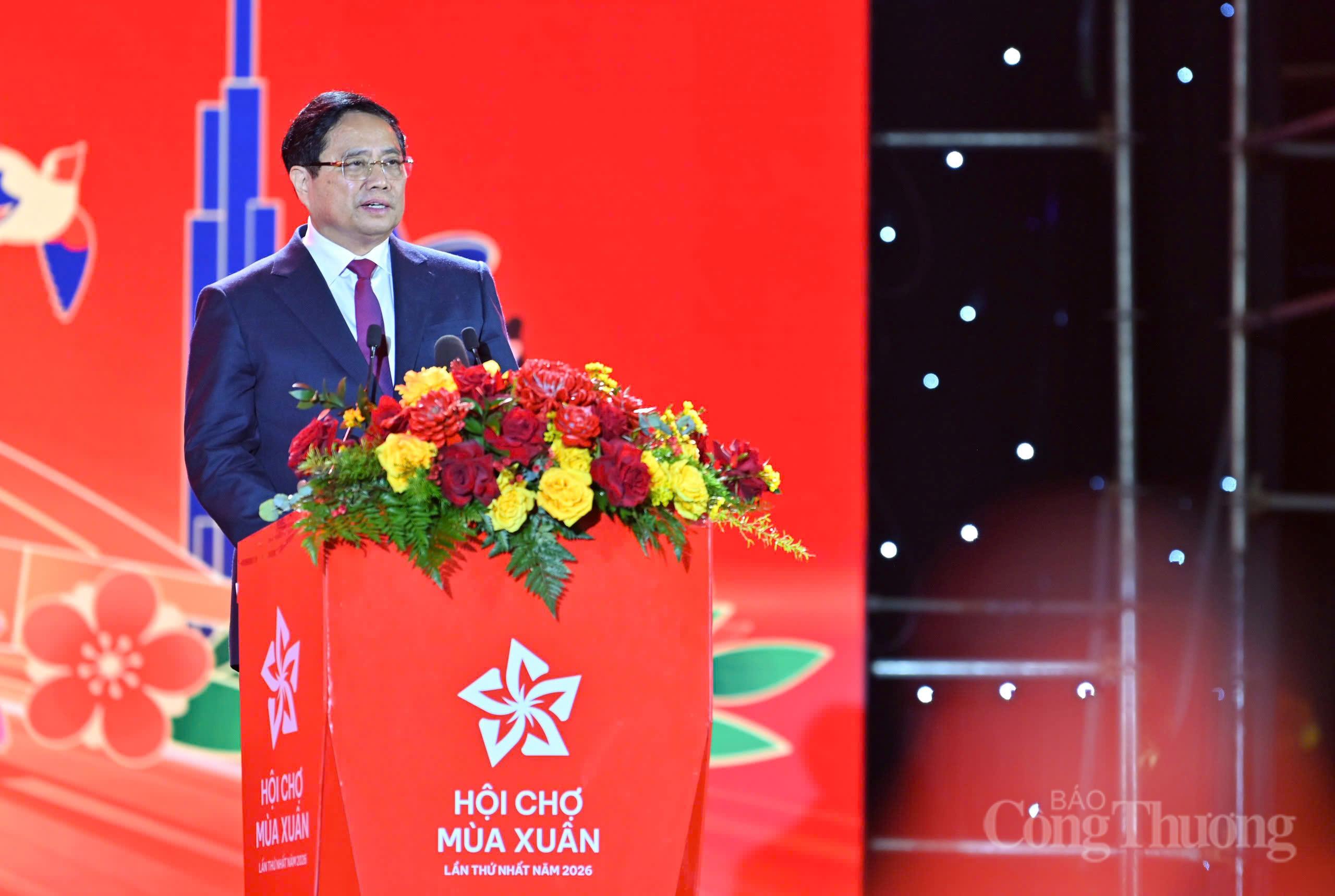
19:05 | 23/03/2025 16:32 | 14/02/2026Trade